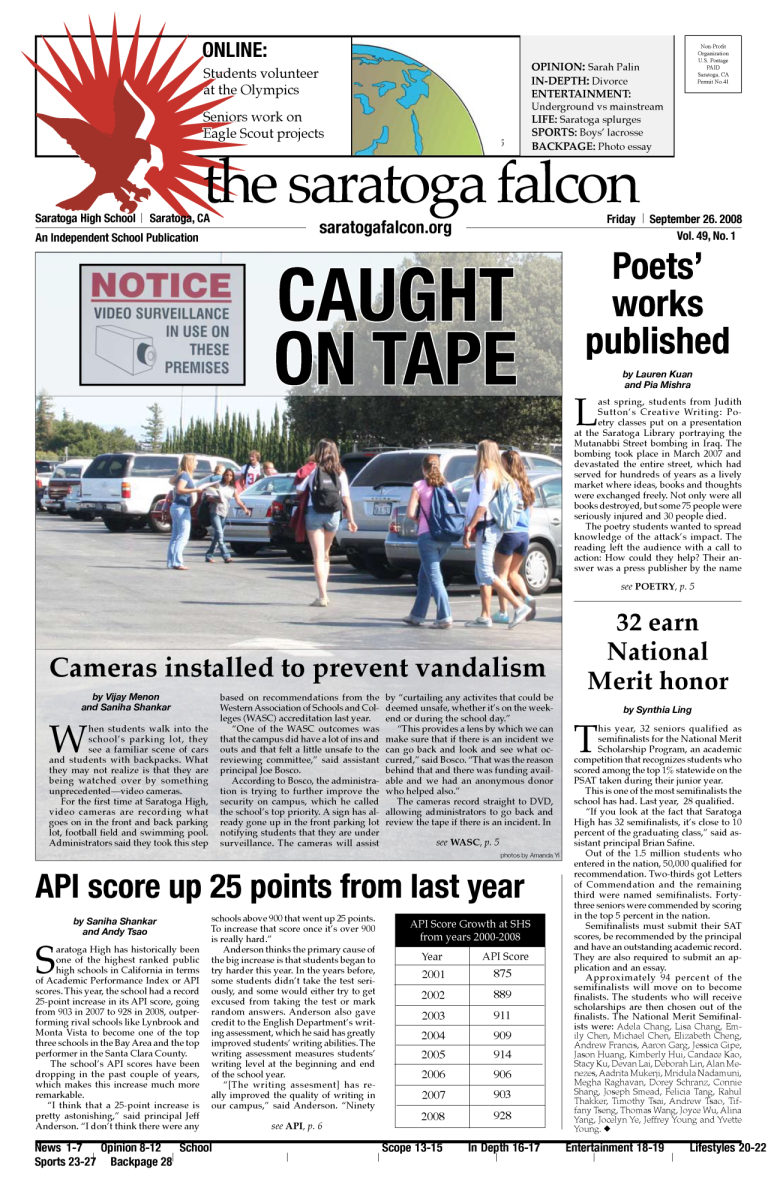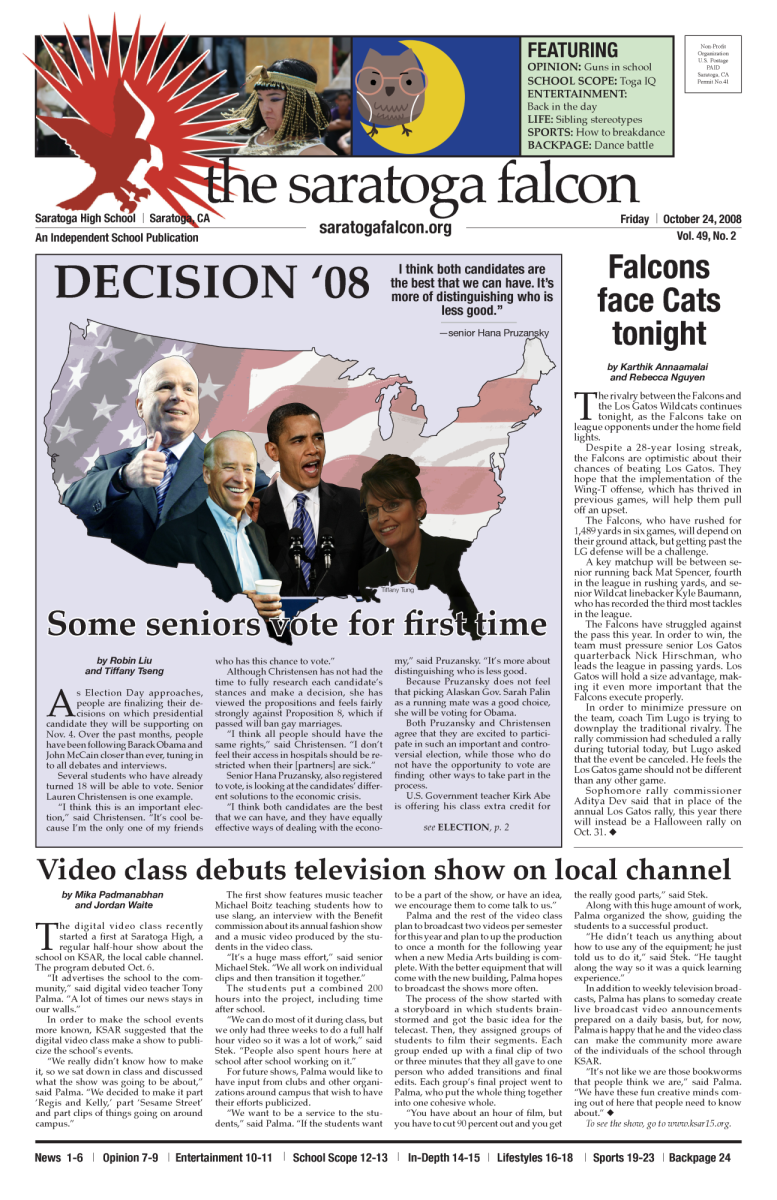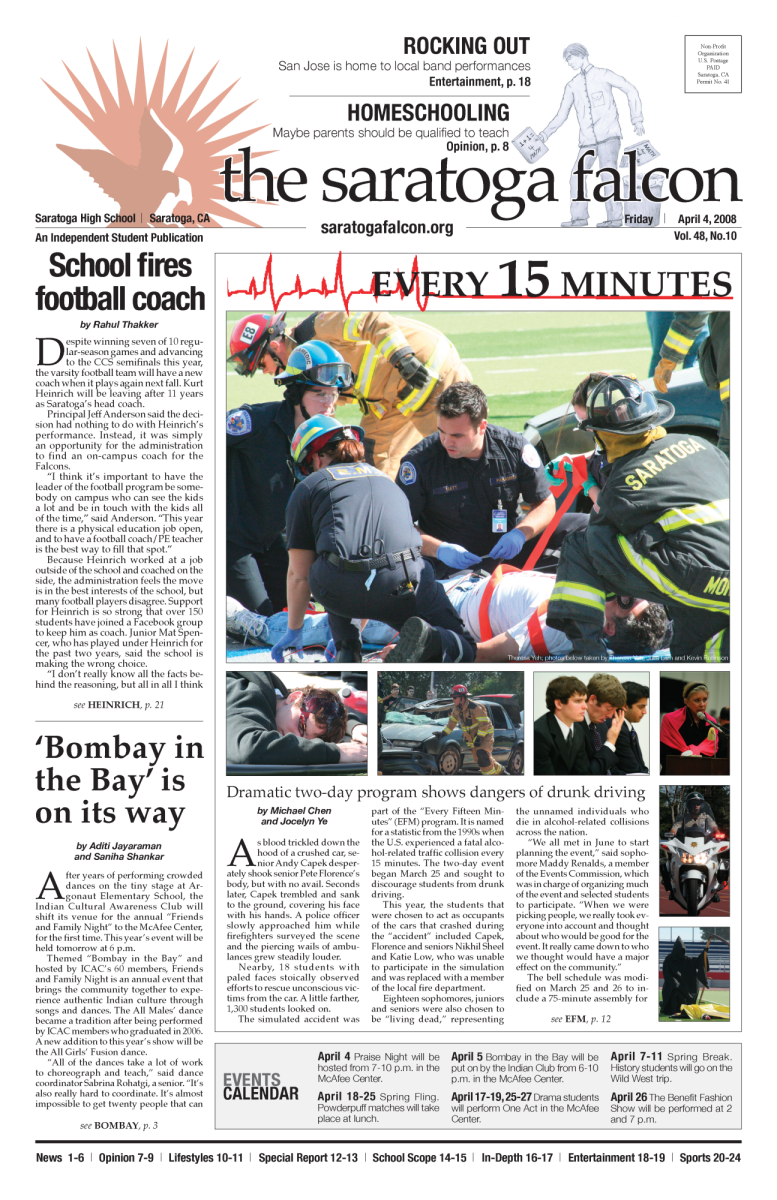Ever since the debut of the hit show “Glee” in 2009 and the blockbuster film “Pitch Perfect” in 2012, acappella-style singing has been expanding. Music groups like “Pentatonix” and Oxford’s University “Out of the Blue” are leading this trend through their original songs and unique music videos.
Schools like University of Pennsylvania and New York University have thriving acappella programs where people of different cultures come together to add their own twist to the music. Senior Talia Clement thinks acappella is popular because of its versatile styles and ability to be personalized through performance. Clement also said that each singer can apply his or her own style to any song because there is no beat.
Despite the increasing popularity of the genre, the school’s acappella club has struggled in recent years.
“The club just seemed to die out eventually [because] of lack of communication among club leaders,” former member senior Sanam Mohan said. “The club hasn’t had much participation since then.”
Class of 2015 graduate and one of the former acappella club officers Deepti Kannan attributed the club’s struggles to a lack of commitment from the club's members as well as, admittedly, its leaders. Because of these reasons the club does not exist any more.
“Although we started out very enthusiastic about recruiting people, that momentum just didn't sustain throughout the year when each of us got busier and busier with other activities,” Kannan said. “Just like with anything, if you want something to succeed, you need to prioritize it, and none of us did that.”
The club will is unlikely to start again, Mohan said.
Although the school struggled in succeeding with its acappella club, many colleges and outside organizations have prospering a cappella groups.
Alumnus Nikhil Goel, now a sophomore at Stanford, said that there are 10 acappella groups in his college. Goel is a member of Raagapella, an all-male group that performs South Asian and Western fusion music in over 10 languages. Recently all of Stanford’s acappella groups showcased their talents at the annual O-Show, in hopes of attracting “shower singers” to audition for their groups.
“Being on Raagapella is amazing,” Goel said. “We've sung in Los Angeles, New York, New Haven and Arizona. We have a great time together at practices and whenever we meet up.”
Raagapella takes anywhere from six to 10 hours per week, depending on whether there is a performance, Goel said. Despite the intense time commitment, Raagapella does not participate in competitions.
“There is too much focus on non-musical things such as choreography and popularity [in competitions], which aren't reasons why many of us joined the group,” Goel said. “We like to focus on the music, making it as unique as possible.”
Goel believes acapella will continue to garner a substantial participation in the future because of its defining quality: the lack of instruments means anybody can do it at almost any time.
“I just enjoy being a part of this continuous wall of sound whose constituent parts are comprised of the voices of people I love spending time with,” Goel said.



























